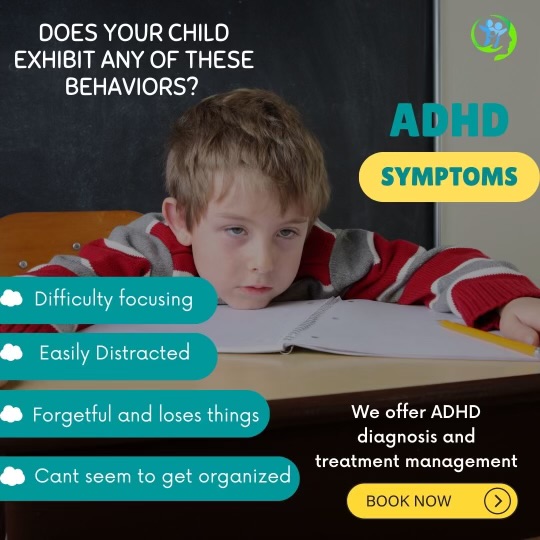Family Dynamics
Unlocking Harmonious Family Dynamics: Discover the Power of Therapy for Lasting Unity and Understanding
Discovering Harmony Within Family Dynamics through Therapy
Family dynamics are the intricate patterns and interactions that shape relationships within a family unit. Every family has its unique dynamics, influenced by factors such as culture, values, communication styles, and individual personalities. However, these dynamics can sometimes become complex and challenging to navigate, leading to conflicts, misunderstandings, and emotional distress. Fortunately, therapy offers a powerful tool to help families understand and address these issues, fostering healthier and more harmonious relationships.
The Role of Therapy in Enhancing Family Dynamics
Therapy provides a safe and supportive environment for families to explore their dynamics, identify underlying issues, and develop effective strategies for positive change. A skilled therapist acts as a compassionate guide, facilitating open communication, and promoting understanding among family members. Through therapy, families can gain insights into their patterns of interaction, learn new ways to resolve conflicts, and establish healthier boundaries.
Building Stronger Connections through Communication
Effective communication lies at the heart of healthy family dynamics. However, communication breakdowns are common and can lead to misunderstandings and emotional distance. In therapy, families learn to improve their communication skills, fostering active listening, empathy, and constructive dialogue. By creating an open and non-judgmental space, therapy allows family members to express their thoughts and emotions honestly, leading to deeper understanding and connection.
Resolving Conflict and Strengthening Relationships
Conflict is a natural part of any relationship, but unresolved conflicts can strain family dynamics. Therapy helps families address conflicts in a constructive manner, teaching them how to manage disagreements, express needs, and find common ground. By exploring the underlying causes of conflicts, therapy enables families to develop effective problem-solving skills, fostering compromise and collaboration. Through this process, family members can rebuild trust, strengthen their bonds, and cultivate healthier relationships.
Healing Past Wounds and Promoting Forgiveness
Families often carry unresolved emotional baggage from the past, which can negatively impact their dynamics. Therapy provides a space for individuals to heal from past wounds, fostering forgiveness and reconciliation. By exploring family history and addressing past traumas, therapy helps family members understand the impact of these experiences on their current relationships. Through guided discussions and therapeutic techniques, families can release resentment, promote empathy, and create a foundation for healing and growth.
Supporting Individual Growth within the Family Unit
Family dynamics are influenced by the growth and development of each individual within the unit. Therapy recognizes the importance of supporting individual growth while maintaining a healthy balance within the family system. By encouraging self-reflection and personal exploration, therapy helps family members identify and address their own needs, aspirations, and challenges. This process empowers individuals to take responsibility for their actions, make positive changes, and contribute to the overall well-being of the family.
Cultivating Resilience and Adaptability
Families face various external stressors, such as life transitions, financial difficulties, or unexpected events, which can disrupt their dynamics. Therapy equips families with the tools to navigate these challenges, fostering resilience and adaptability. By developing coping strategies and problem-solving skills, families can effectively manage stress, adjust to change, and maintain a sense of stability. Therapy provides a supportive framework for families to learn and grow together, even in the face of adversity.
Embracing Diversity and Celebrating Differences
Every family is a unique blend of individuals with their own identities, beliefs, and perspectives. Therapy encourages families to embrace diversity and celebrate differences, fostering an inclusive and accepting environment. By exploring cultural backgrounds, values, and traditions, families can gain a deeper understanding of each other, promoting empathy and respect. Therapy helps families appreciate the richness that diversity brings to their dynamics, creating a space for love, acceptance, and growth.
Embarking on a Journey of Transformation
Family dynamics are ever-evolving, and therapy provides families with the tools and guidance to embark on a transformative journey. Through therapy, families can break free from negative patterns, heal emotional wounds, and create a foundation for healthier relationships. By fostering open communication, resolving conflicts, and supporting individual growth, therapy empowers families to cultivate harmonious dynamics that nurture love, understanding, and resilience.
Take the First Step Toward Harmonious Family Dynamics
If your family is facing challenges in navigating its dynamics, seeking therapy can be a transformative step toward positive change. Professional therapists are trained to guide families through the process of understanding, healing, and strengthening their relationships. Embrace the opportunity to embark on a journey of growth and harmony within your family dynamics by reaching out to a qualified therapist today.

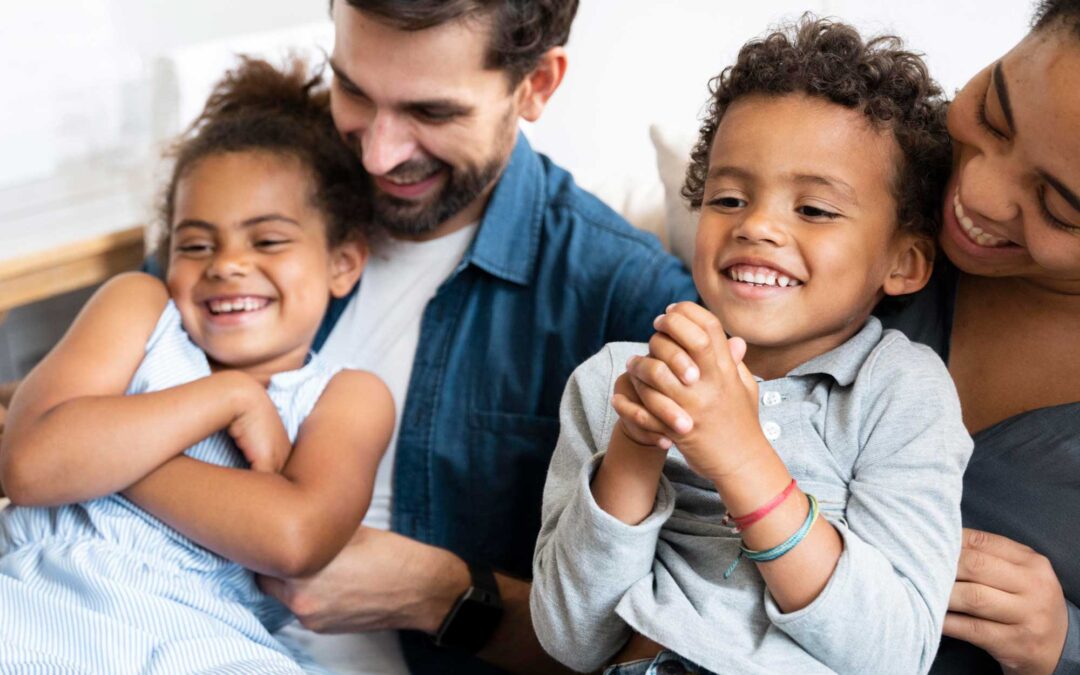
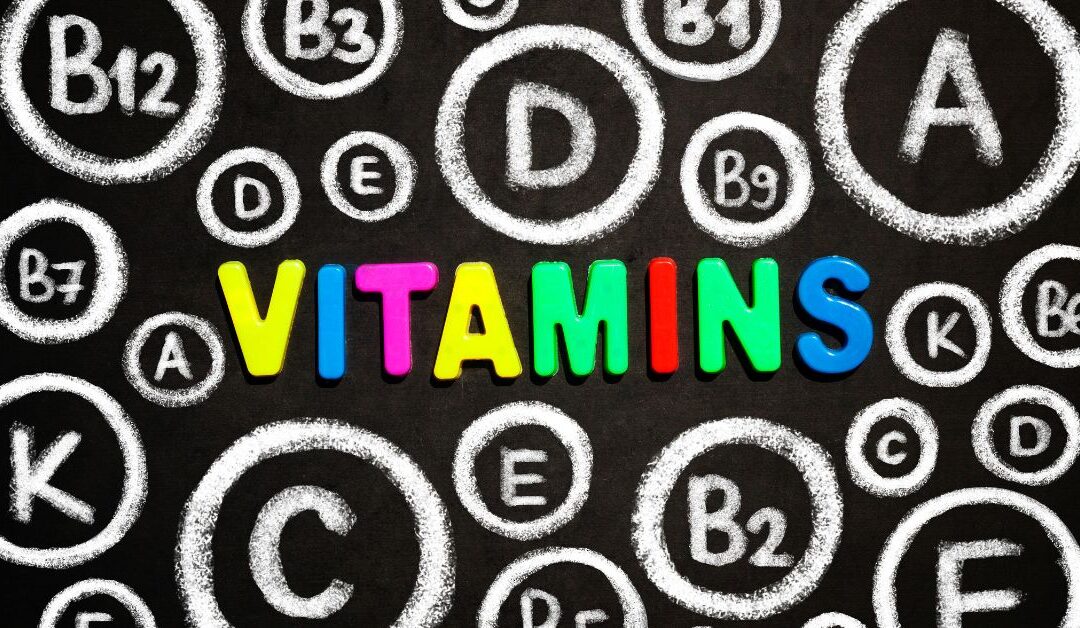
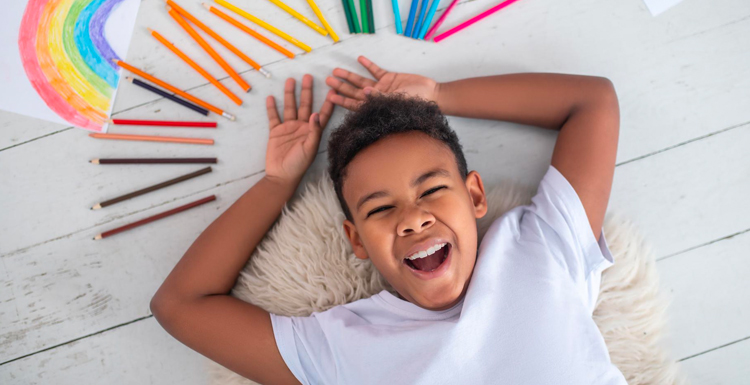

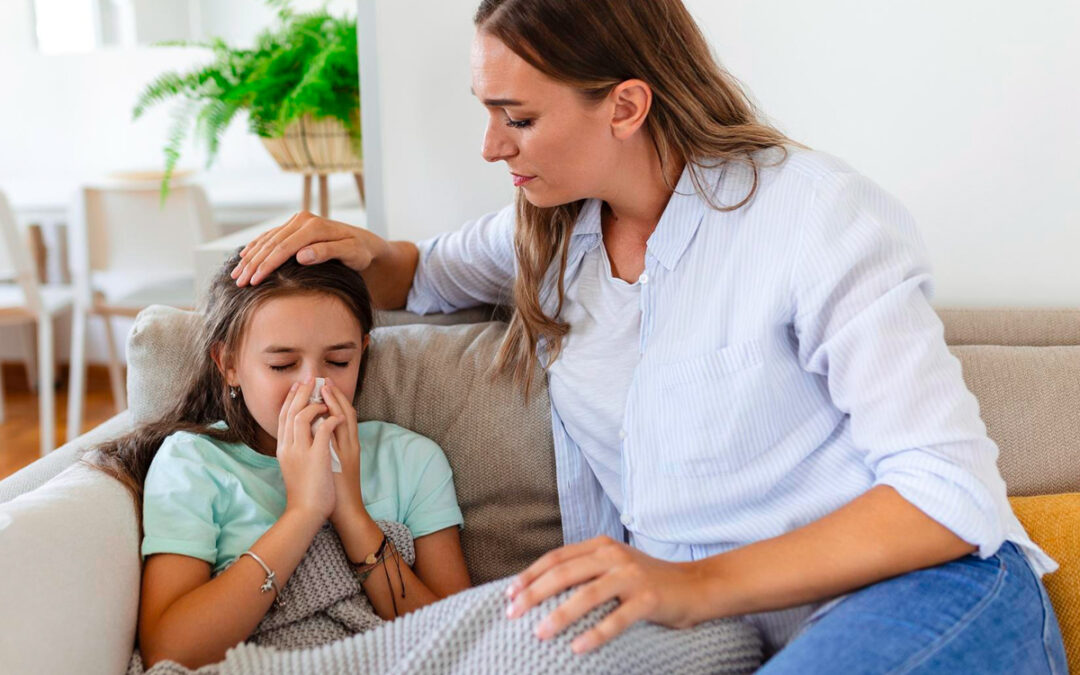
 Your content goes here. Edit or remove this text inline or in the module Content settings. You can also style every aspect of this content in the module Design settings and even apply custom CSS to this text in the module Advanced settings.
Your content goes here. Edit or remove this text inline or in the module Content settings. You can also style every aspect of this content in the module Design settings and even apply custom CSS to this text in the module Advanced settings.